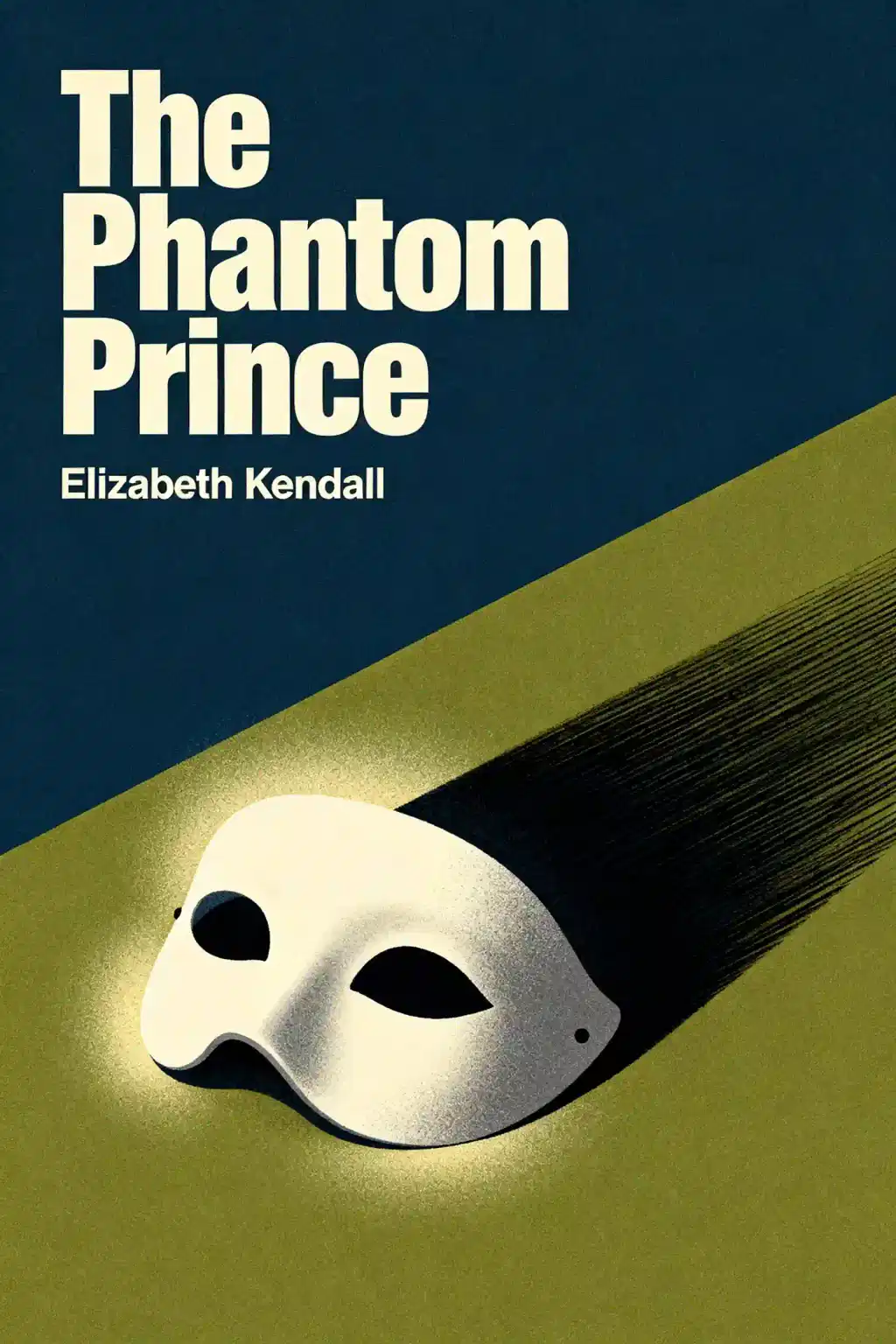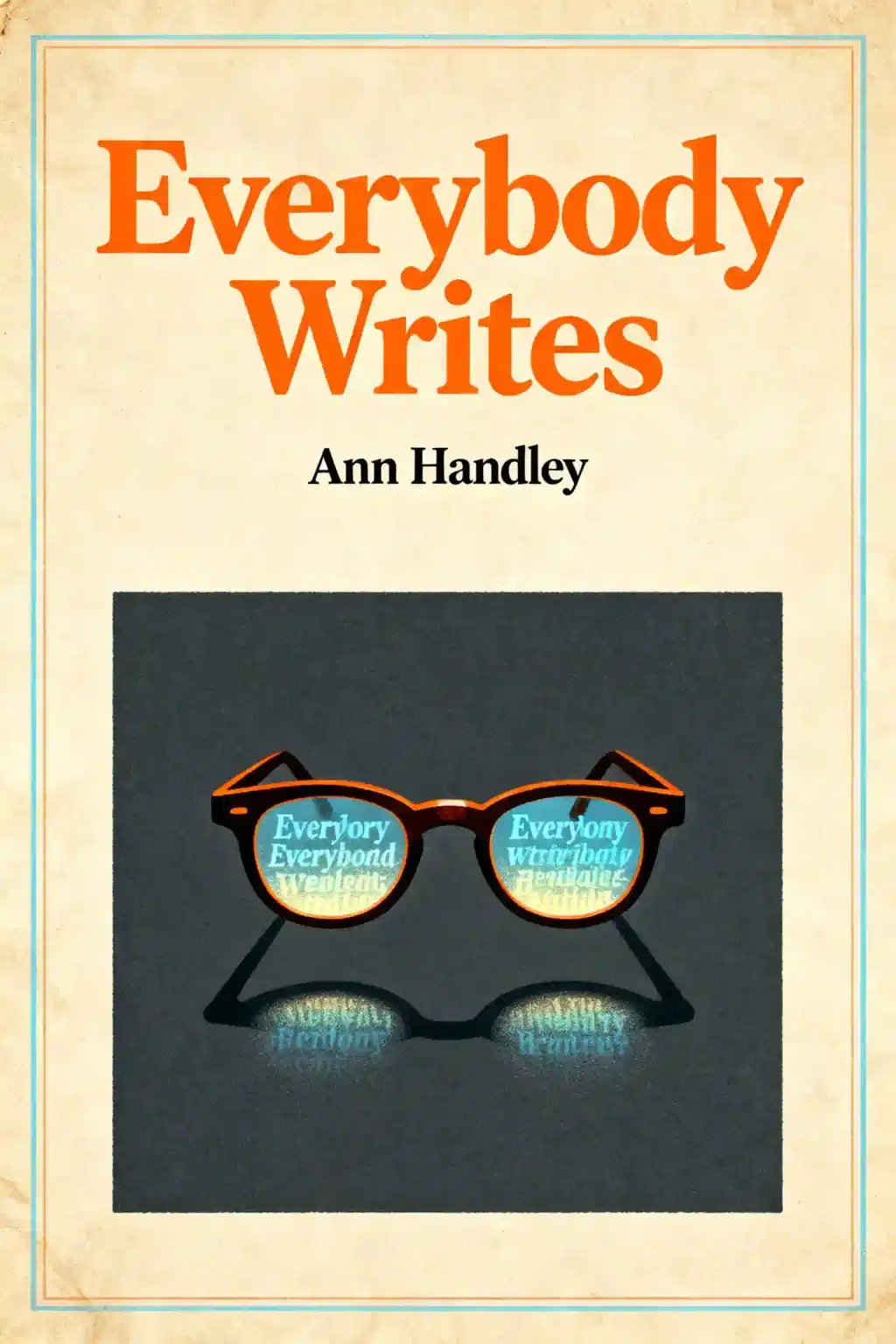
The Phantom Prince by Elizabeth Kendall Summary
Overview of The Phantom Prince
Elizabeth Kendall's chilling memoir reveals her six-year relationship with Ted Bundy before discovering his monstrous truth. Recently expanded with her daughter's never-before-shared perspective, this haunting account inspired Amazon's docuseries and poses the ultimate question: how well do we know those we love?
Similar books to The Phantom Prince
Feel the book through the author's voice
Turn knowledge into engaging, example-rich insights
Capture key ideas in a flash for fast learning
Enjoy the book in a fun and engaging way
Key takeaways
The Mask of Normalcy: A Love Story with a Serial Killer
In 1969, a young divorced mother named Elizabeth Kendall met a charming law student at a Seattle tavern. His name was Ted Bundy. Their connection was immediate and electric - within hours, he was carrying her sleeping three-year-old daughter Molly from the car with unexpected gentleness. What followed was a six-year relationship that seemed, in many ways, ordinary: family holidays, shared meals, bedtime stories for Molly, and dreams of a future together. Elizabeth couldn't have known she was sharing her life with a man who would become one of America's most notorious serial killers. Their story reveals something profoundly disturbing about human nature - how easily we can be deceived by those closest to us, and how the people we love most may harbor the darkest secrets imaginable.
The Perfect Boyfriend and Early Warning Signs
The First Terrible Suspicions
The Mounting Evidence and Unraveling Truth
Escapes and Final Confession
Living with the Aftermath
Finding Peace After Darkness
Quick Summary Mode - Read or listen to The Phantom Prince Summary in 8 Minutes
Break down key ideas from The Phantom Prince into bite-sized takeaways to understand how innovative teams create, collaborate, and grow.
Flash Card Mode - Top 10 Insights from The Phantom Prince in a Nutshell
Distill The Phantom Prince into rapid-fire memory cues that highlight Pixar’s principles of candor, teamwork, and creative resilience.

Fun Mode - The Phantom Prince Lessons Told Through 19-Min Stories
Experience The Phantom Prince through vivid storytelling that turns Pixar’s innovation lessons into moments you’ll remember and apply.
Personalize Mode - Read or listen to The Phantom Prince Summary in 0 Minutes
Ask anything, pick the voice, and co-create insights that truly resonate with you.

From Columbia University alumni built in San Francisco
"Instead of endless scrolling, I just hit play on BeFreed. It saves me so much time."
"I never knew where to start with nonfiction—BeFreed’s book lists turned into podcasts gave me a clear path."
"Perfect balance between learning and entertainment. Finished ‘Thinking, Fast and Slow’ on my commute this week."
"Crazy how much I learned while walking the dog. BeFreed = small habits → big gains."
"Reading used to feel like a chore. Now it’s just part of my lifestyle."
"Feels effortless compared to reading. I’ve finished 6 books this month already."
"BeFreed turned my guilty doomscrolling into something that feels productive and inspiring."
"BeFreed turned my commute into learning time. 20-min podcasts are perfect for finishing books I never had time for."
"BeFreed replaced my podcast queue. Imagine Spotify for books — that’s it. 🙌"
"It is great for me to learn something from the book without reading it."
"The themed book list podcasts help me connect ideas across authors—like a guided audio journey."
"Makes me feel smarter every time before going to work"
From Columbia University alumni built in San Francisco

Get the The Phantom Prince summary as a free PDF or EPUB. Print it or read offline anytime.










